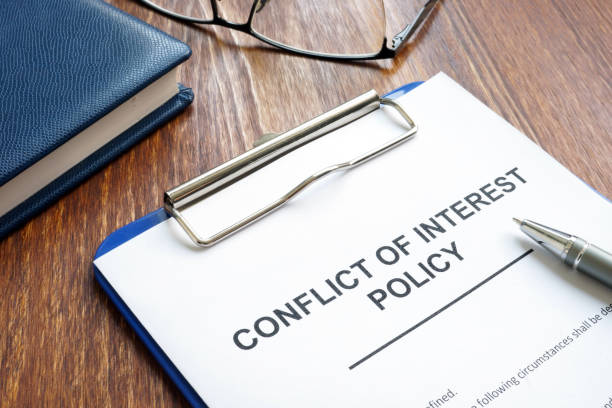Global Fund Policy Corner : Conflict of Interest
- September 29, 2022
- Global Fund Policy Corner / Policy Corner
- By Djesika Amendah
- Read in French

What is conflict of interest?
A conflict of interest occurs when people in position of power can make themselves, their family members, their close allies, their institutions, etc. benefit privately from their official decisions, actions, or omission.
In other words, when people are judge and party.
The Global Fund has a policy on Conflict of Interest
Who is concerned?
Anyone working with the Global Fund, governance members, implementers, contractors etc.
The Global Fund has an ethics officer who is in charge of the policy and advice on conflict of interest.
The Global Fund demands that people who work or volunteer in any capacity with their governance or grant management do not engage in decisions tainted with conflict of interest; or that could give rise to or could be perceived as a conflict of interests.
Example of conflict of interest
Preferential treatment, insider information, employment or contracts for self or family members, accepting gifts. If accepting gifts would be damageable to the Global Fund, the person should accept and let the Ethics Officer know.
Why Avoiding conflict of interest is important?
Leaders should make decisions with independence, impartiality.
How to manage conflict of interest?
Declare it: you are in a panel to judge a job applicant and if one of the applicants happens to be a family member, you need to let others so and if needed recuse yourself of that evaluation.
Put in place a Conflict of Interest Screen, or an administrative barrier to sharing information with specific officials who may be in a position of conflict of interests. For example, an organization can decide not to share information with a management member whose relative applied to a job in that organization.
What else can be done?
- Divestment of interests; if you owned shared in a company that you need to evaluate, then you can sell those shares, so you are not conflicted on the findings of the evaluation
- Prohibition from engaging in certain activities;
Djesika Amendah